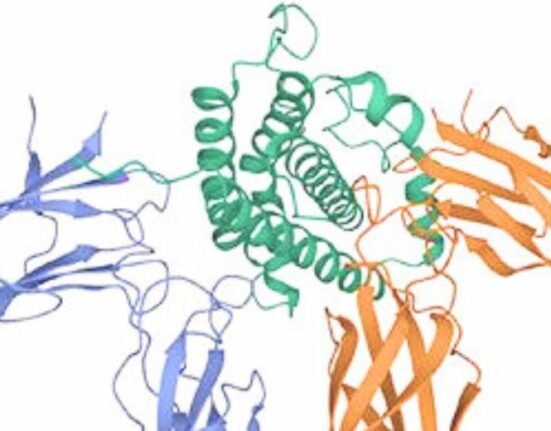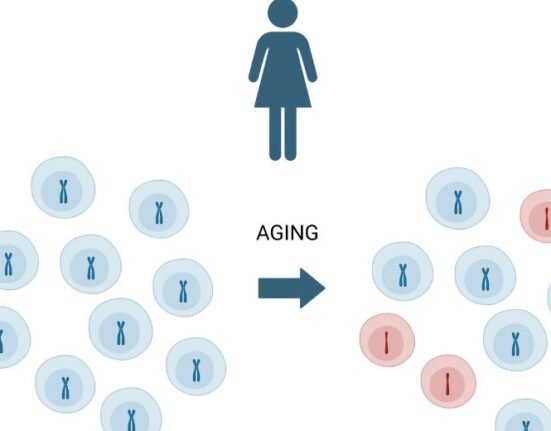October 30, 2022: The European Medicines Agency has suggested steps to reduce the risk of severe side effects associated with Janus kinase (JAK) inhibitors, used to treat chronic inflammatory disorders.
According to the EMA’s safety committee, these side effects include cardiovascular conditions, blood clots, cancer and severe infections.
The European Union’s agency oversees the evaluation and supervision of medicinal products.
According to a statement on its website, the JAK inhibitors must be used in patients if no suitable treatment alternatives are available.
For “those aged 65 years or above, those at increased risk of major cardiovascular problems, such as heart attack or stroke, those who smoke or have done so for a long time in the past and those at increased risk of cancer,” the inhibitors can be used, according to the committee.
Use with caution
The committee also recommended using JAK inhibitors with caution in patients with risk factors for blood clots in the lungs and deep veins (venous thromboembolism).
Further, the dose should be reduced in some patient groups who may be at risk of venous thromboembolism, cancer or major cardiovascular problems.
The recommendations follow a review of available data, including the final results from a clinical trial, of the JAK inhibitor Xeljanz (tofacitinib) and preliminary findings from an observational study involving Olumiant (baricitinib), another JAK inhibitor, according to the statement.
The Janus kinase inhibitors subject to review were Cibinqo (abrocitinib), Jyseleca (filgotinib), Olumiant (baricitinib), Rinvoq (upadacitinib) and Xeljanz (tofacitinib).
Rheumatoid arthritis
These medicines treat several chronic inflammatory disorders in rheumatoid arthritis, psoriatic arthritis, juvenile idiopathic arthritis, axial spondyloarthritis, ulcerative colitis, atopic dermatitis and alopecia areata.
The active substances in these medicines work by blocking the action of enzymes known as Janus kinases.
These enzymes play an essential role in the inflammation process in these disorders. By blocking the enzymes’ action, the medicines help reduce the inflammation and other symptoms of these disorders.
During the review, the Pharmacovigilance Risk Assessment Committee (PRAC) sought advice from an expert group of rheumatologists, dermatologists, gastroenterologists and patient representatives.
Xeljanz increases the risk of major cardiovascular problems, cancer, VTE, severe infections and death due to any cause when compared with TNF-alpha inhibitors, the review, which the European Commission initiated, confirmed.
Apply safety findings
The PRAC concluded that these safety findings apply to all approved uses of JAK inhibitors in chronic inflammatory disorders.
The PRAC will update the product information for JAK inhibitors with new recommendations and warnings. It will revise the educational material for patients and healthcare professionals.
The new review did not include some JAK inhibitors (Jakavi and Inrebic) used to treat myeloproliferative disorders.
The review didn’t cover the use of Olumiant in the short-term treatment of COVID-19, which is under assessment by EMA.
The PRAC recommendations will now be sent to the Committee for Medicinal Products for Human Use (CHMP), responsible for questions concerning medicines for human use which will issue a final legally binding decision applicable in all EU Member States.
The final stage of the review procedure is the adoption by the EC of a legally binding decision applies to all EU member states.








